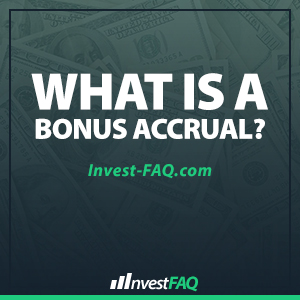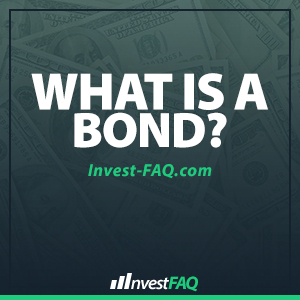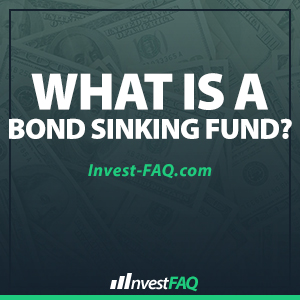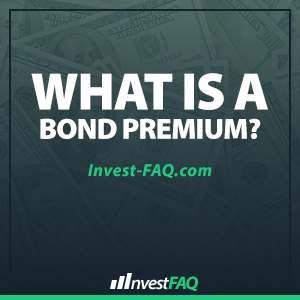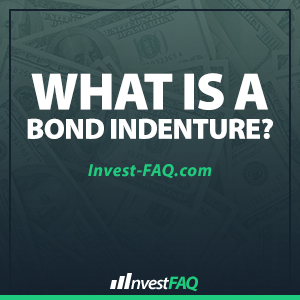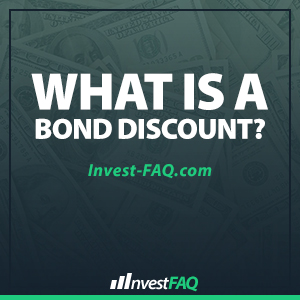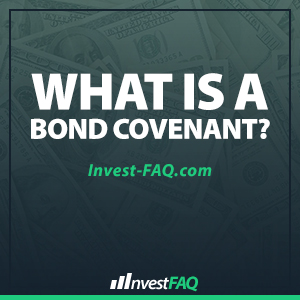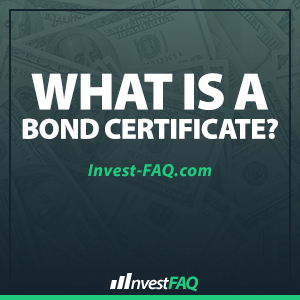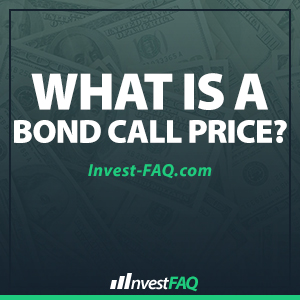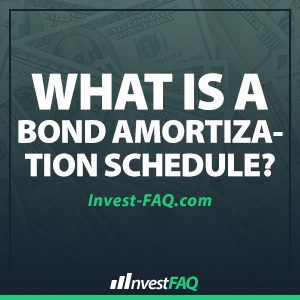Bonus Accrual A bonus accrual is an accounting process where a company recognizes the expense of bonuses that are earned by employees during a fiscal period but paid in a subsequent period. This practice ensures that the cost of bonuses is recorded in the same period the employee’s services were provided, aligning with the matching
Tag: Investing & Finance Glossary Terms: B
What Is a Bond?
Bond A bond is a fixed-income instrument that represents a loan made by an investor to a borrower, typically corporate or governmental. It entails a predetermined interest rate that the borrower must pay to the investor, along with the principal amount, which is returned at the bond’s maturity date. Bonds are a crucial tool for
What Is a Bond Sinking Fund?
Bond Sinking Fund A bond sinking fund is a reserve account set aside by a bond issuer, specifically for repaying part or all of the bond issue before or at maturity. This mechanism provides a way for issuers to gradually retire their debt, ensuring that sufficient funds are available to fulfill their repayment obligations, thereby
What Is a Bond Premium?
Bond Premium A bond premium occurs when a bond is sold for more than its face value. This typically happens when the bond’s coupon rate—the interest rate it pays—is higher than the prevailing market interest rates, making it more attractive to investors who are willing to pay extra for the higher income stream. For businesses
What Is a Bond Indenture?
Bond Indenture A bond indenture is a legal contract between a bond issuer and a bondholder that outlines the specific terms and conditions of the bond issue. It includes details such as the interest rate, maturity date, repayment schedule, covenants, and any other obligations or rights of the issuer and the bondholders. In the business
What Is a Bond Discount?
Bond Discount A bond discount occurs when the market price of a bond is lower than its face value or par value. This situation typically arises when the bond’s coupon rate—the interest rate it pays—is lower than the prevailing market interest rates, making the bond less attractive to investors unless it is sold for less
What Is a Bond Covenant?
Bond Covenant A bond covenant is a legally binding term or condition included in the agreement between a bond issuer and bondholders. These covenants are designed to protect the interests of both parties, specifying actions the issuer is obligated to perform or prohibited from doing during the term of the bond. Bond covenants play a
What Is a Bond Certificate?
Bond Certificate A bond certificate is a physical document that represents an investment in a bond, issued by the bond issuer to the bondholder. It includes critical details such as the bond’s par value, interest rate, maturity date, and issuer information, serving as evidence of the bondholder’s investment and the issuer’s obligation to pay back
What Is a Bond Call Price?
Bond Call Price A bond call price is the price at which a bond issuer can redeem a bond before its maturity date, as specified in the bond’s terms. This feature allows the issuer to retire the debt early, usually when interest rates have fallen, enabling them to refinance the debt at a lower cost.
What Is a Bond Amortization Schedule?
Bond Amortization Schedule A bond amortization schedule is a table that outlines the gradual reduction of the cost of a bond in accounting over its life until it reaches its face value at maturity. This schedule details each payment throughout the life of the bond, breaking down the amounts allocated to interest and the principal

